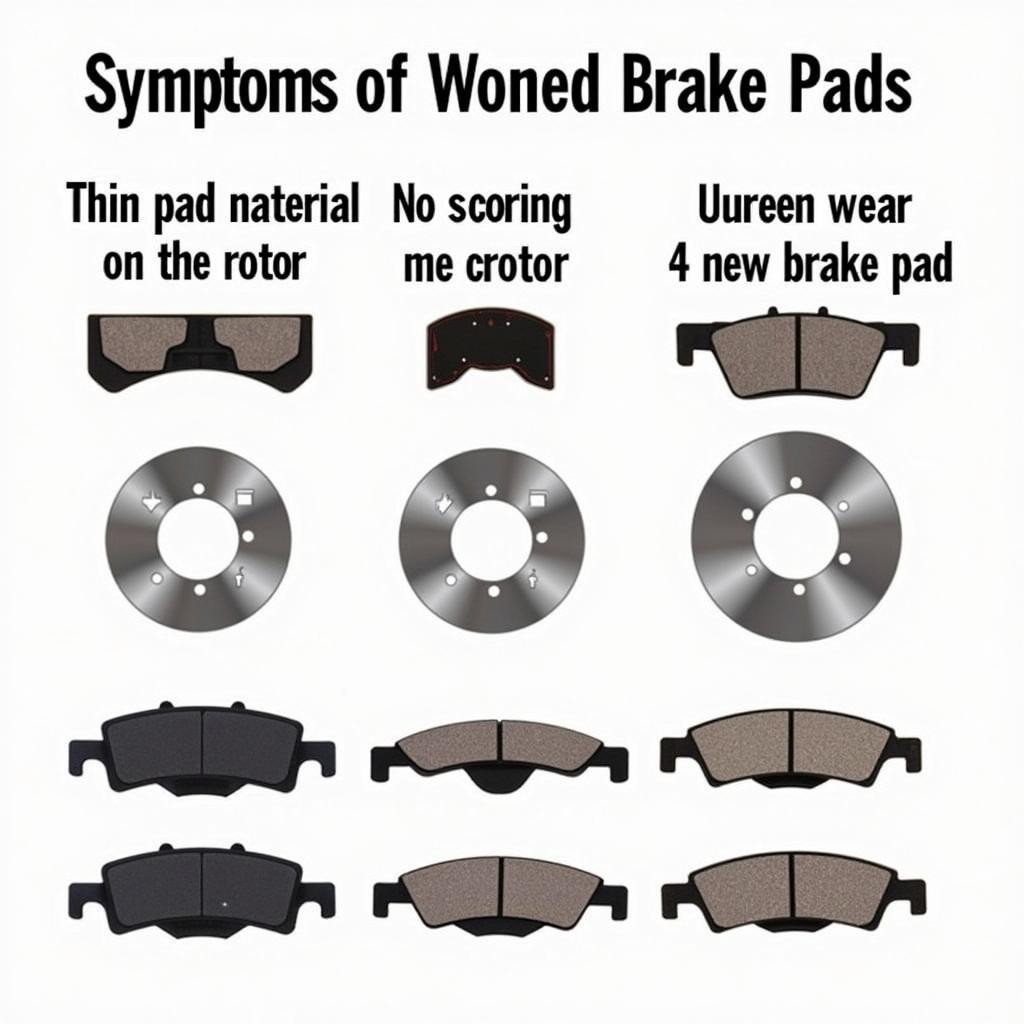Experiencing a whistling sound when driving, poor fuel economy, or even trouble braking? You might have an air leak in your car. Don’t panic! Identifying and fixing air leaks in your vehicle in Kentucky is crucial for maintaining optimal performance and fuel efficiency. This comprehensive guide will walk you through the common causes of air leaks, how to diagnose them, and the best solutions for a permanent fix.
Understanding Air Leaks in Your Car
An air leak occurs when unwanted outside air enters your car’s engine or cabin. This disrupts the carefully calibrated air-fuel mixture needed for your engine to run smoothly, leading to various performance issues. In Kentucky’s varying weather conditions, addressing air leaks promptly can save you from costly repairs and ensure a comfortable driving experience.
Common Causes of Air Leaks in Cars
Several components in your vehicle can develop air leaks over time:
- Vacuum Hoses: These rubber hoses connect various engine parts and can crack, dry out, or become loose, leading to air leaks.
- Intake Manifold Gasket: The gasket seals the intake manifold to the engine block. A damaged or worn gasket can cause significant air leaks.
- Throttle Body Gasket: This gasket seals the throttle body to the intake manifold and can leak if not properly installed or damaged.
- EGR Valve: A malfunctioning Exhaust Gas Recirculation (EGR) valve can introduce unwanted air into the combustion process.
- Brake Booster Hose: This hose connects the brake booster to the engine’s vacuum system. A leak here can lead to braking problems.
Diagnosing Air Leaks: Listen to Your Car!
- Hissing or Whistling Sounds: One of the most obvious signs is a hissing sound coming from the engine, particularly during acceleration.
- Rough Idling: An air leak disrupts the air-fuel mixture, causing your engine to idle erratically or roughly.
- Check Engine Light: A persistent Check Engine Light can indicate an air leak and requires a diagnostic scan.
- Poor Fuel Economy: Your engine needs to work harder to compensate for the extra air, leading to increased fuel consumption.
- Decreased Braking Performance: A leak in the brake booster hose can reduce braking efficiency.
DIY Air Leak Detection
- Visual Inspection: Open the hood and carefully inspect all vacuum hoses for cracks, looseness, or signs of wear.
- Carb Cleaner Test: With the engine idling, carefully spray carburetor cleaner around potential leak points. A change in engine RPM indicates a leak.
- Smoke Test: A professional mechanic can use a smoke machine to pump smoke into the system, making leaks easily visible.
Fixing Air Leaks in KY
- Replace Worn Hoses and Gaskets: Most air leaks can be fixed by replacing damaged hoses, gaskets, or clamps.
- Professional Repair: For complex leaks or if you’re not comfortable working on your car, seek professional help from a qualified mechanic.
Get Expert Help at Autotippro!
Dealing with air leaks in your car can be frustrating. Don’t let it impact your car’s performance or your peace of mind. Contact the expert mechanics at AutoTipPro for reliable and efficient air leak diagnosis and repair in Kentucky. We’ll have you back on the road in no time!
Call us today at +1 (641) 206-8880 or visit our shop at 500 N St Mary’s St, San Antonio, TX 78205, United States.
FAQs about Air Leaks in Cars
1. How much does it cost to fix an air leak in a car?
The cost depends on the severity and location of the leak. Replacing a vacuum hose can be inexpensive, while repairing an intake manifold gasket is more involved.
2. Can I drive with an air leak in my car?
It’s best to address air leaks promptly. Driving with an air leak can cause further engine damage and reduce fuel efficiency.
3. How often should I check for air leaks?
It’s a good idea to have your mechanic inspect for air leaks during regular maintenance checks.






Leave a Reply